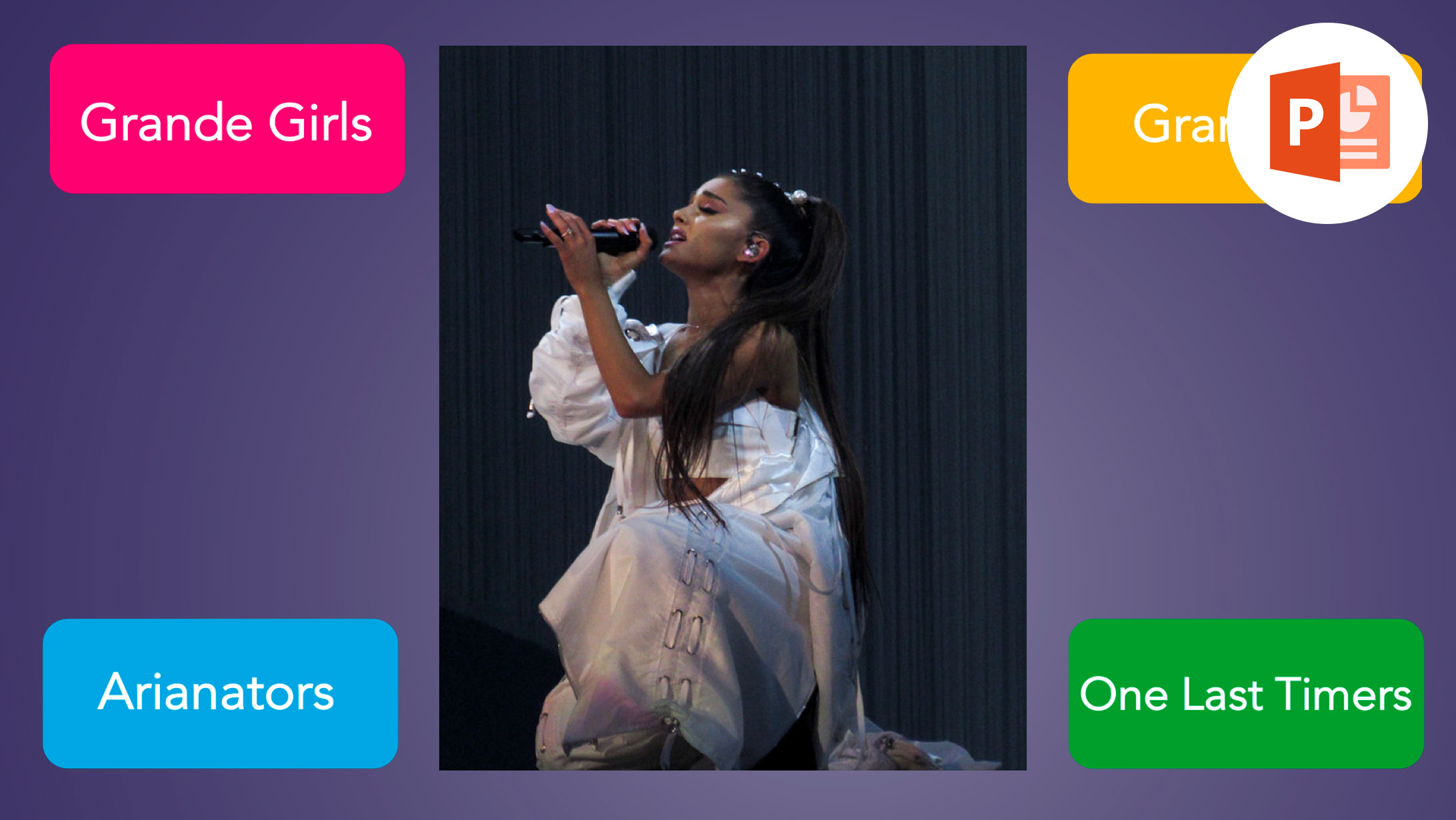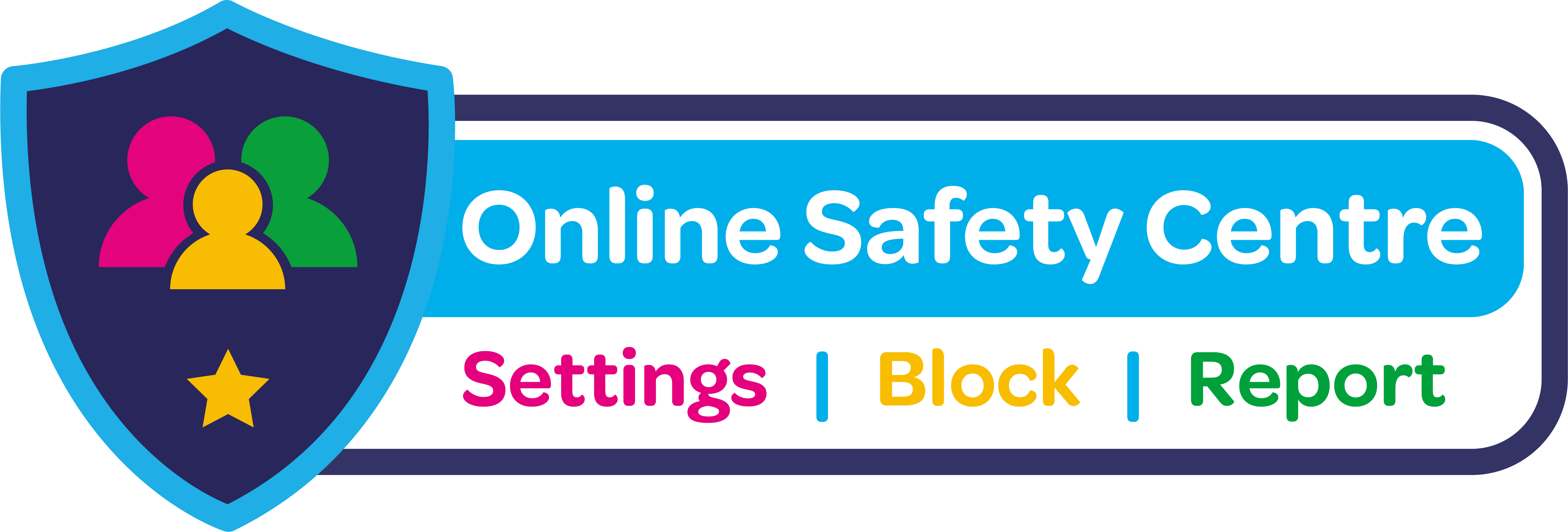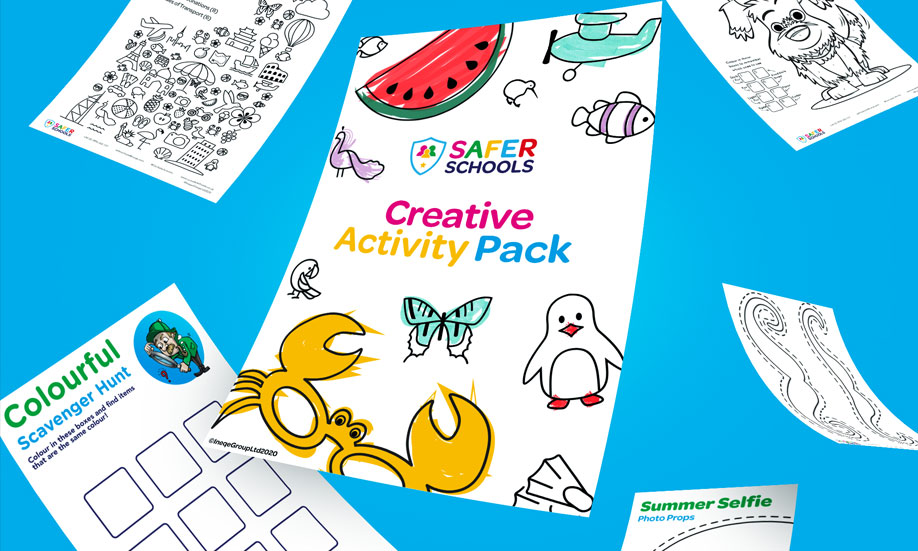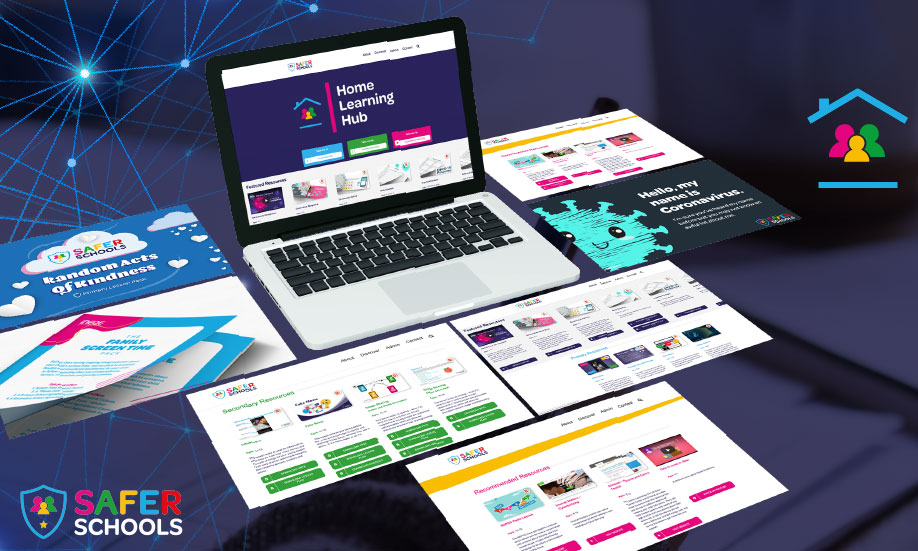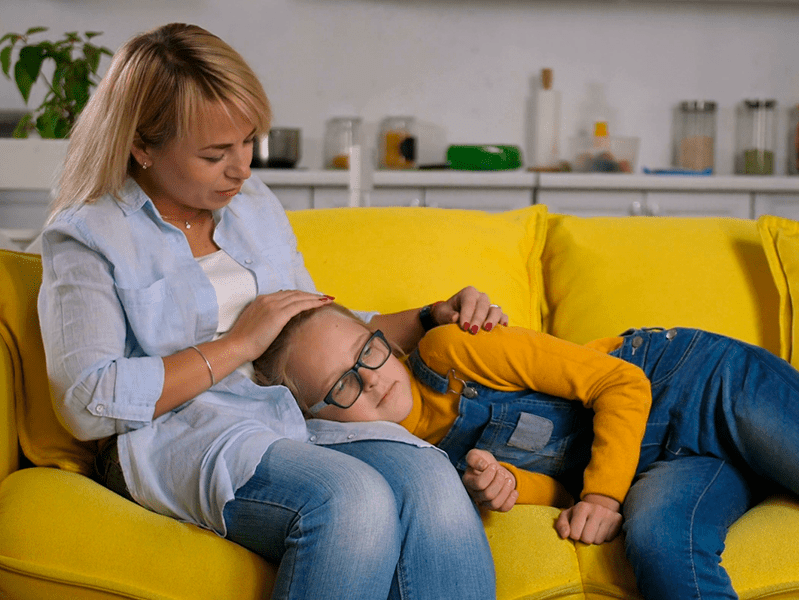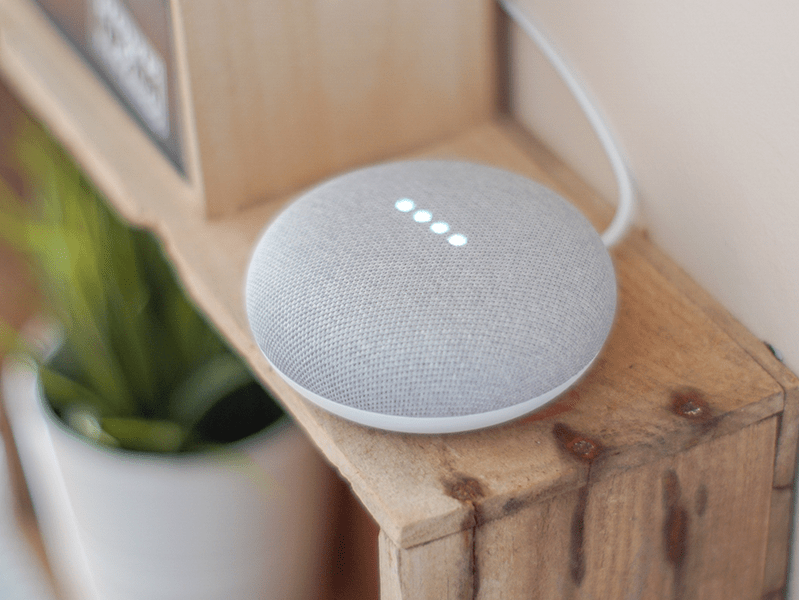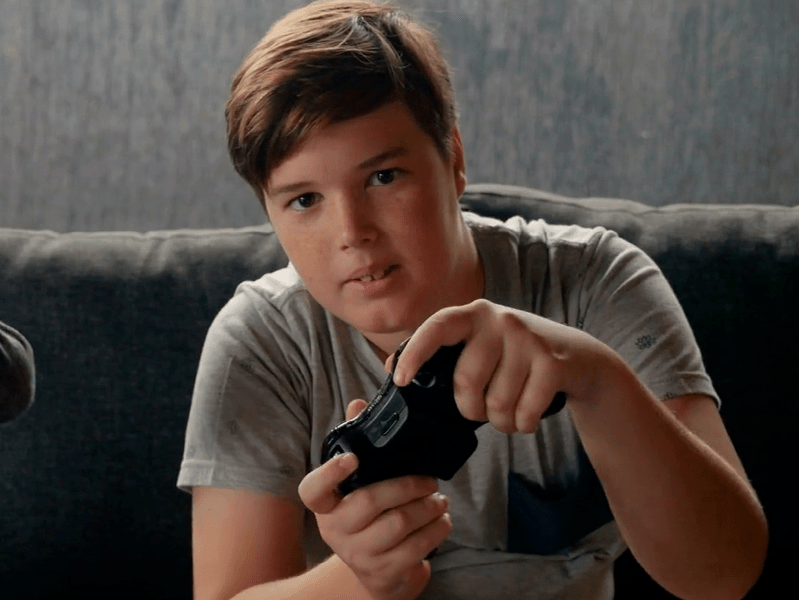An influencer is someone with an online social media presence and with a large enough following to market or ‘influence’ their audience to buy products, services and goods.
The truth is that anyone can be an influencer, and some are famous solely for being an influencer. Popular influencers often create and sustain a close following from their fans, who might aspire to be more like them or see them as an ideal friend.
Young people may identify with an influencer who might be like them, or who they want to be like. The impacts of influencers on young people can be both positive and negative. They may encourage positive behaviour and engagement with school and friendship groups or provide inspiration in an area of interest including fitness, fashion and gaming. But they may also show harmful behaviours such as smoking, drinking, bad language and unattainable body standards.
Social media influencers are popular with young people who spend lots of time watching, commenting and sharing their content. These influencers are a source of entertainment for young people, but they can also provide information, advice and guidance.
A social media influencer can be:
What you should know about influencers
Younger children may not be able to tell the difference between normal content and obvious advertising from people they admire and respect.
Products may also not be suitable or appropriate for young people, like diet pills or slimming teas. Young people may be encouraged (influenced) to pay, subscribe or join other communities. They may also be more sensitive to ‘asks’ from influencers to help them financially to continue producing content.
What you can do:
Do you receive our Safeguarding Alerts?
Receive regular updates to help you safeguard children in a digital era.


